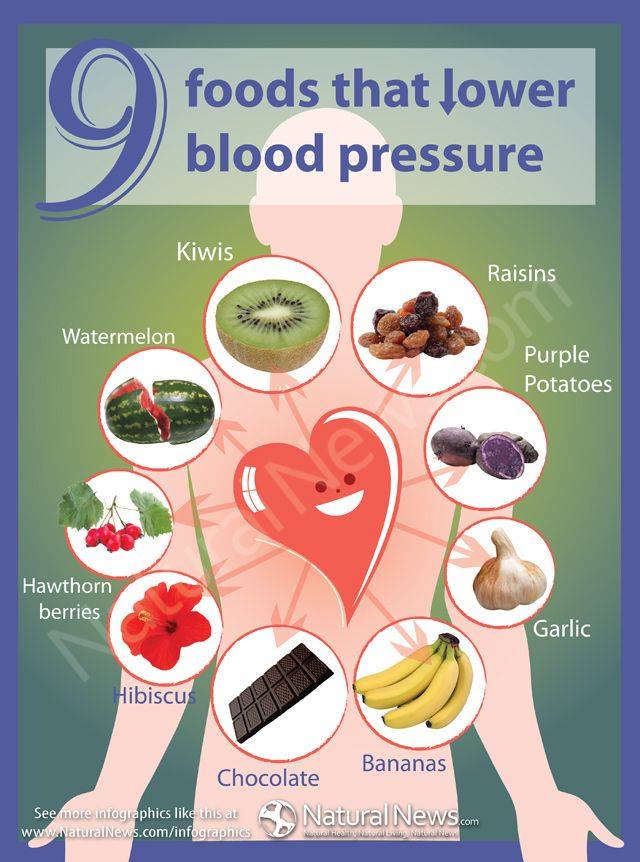
When systolic blood pressure is lower than 90mmHg and diastolic blood pressure is lower than 60mmHg, this situation is defined as hypotension. Low blood pressure can be divided to physiologic hypotension and pathological hypotension. Many young people have physiologic hypotension, but don’t be nervous if they don’t have dizzy and fluster. In this situation, they don’t need to have special treatment. If you were still worry about it, you could go to see a doctor. The pathological hypotension is mainly related to infectious toxic shock and blood volume hemorrhagic shock.
Symptom of Hypotension
Slight symptoms have dizzy, headache, bad appetite, easily fatigue and pale. Severe symptoms include erectile vertigo, wet limbs, palpitations and even fainting. The main reason of these two symptoms is low blood pressure and distal capillary ischemia which influence the supply of oxygen and nutrient to tissue cell. It also affects the excretion of carbon dioxide and metabolic waste, especially the blood supply to the brain and heart. In a long term, the function of the body will be greatly reduced.
The main harms of hypotension which include vision and hearing loss. It may cause or aggravate senile dementia and rise the incidence rate of dizzy, tumble and fracture.
Generally, people who have hypotension is weak, their diet should be light and easy to digest. They should eat more high protein and nutritious food and their blood pressure will be in an increased trend. If their blood pressure is always in a low blood pressure range and have a dizzy symptom evidently, they should go to hospital as soon as possible. To take medicines which follow in doctor’s instruction. |

How to prevent the low blood pressure?
1. You should move slowly when you get up.
2. You should not stand up suddenly and you should turn around slowly. Don’t overstretch your limbs.
3. The temperature of your bath water shouldn’t be too hot or too cold. That is because hot water will cause vasodilatation which can decrease blood pressure. Cold water will increase the blood pressure. Regular showers can improve blood circulation, and alternating hot and cold water can also improve partial circulation.
4. Those who are physically thin should drink more water every day to increase blood volume.
5. Do not stand too long in a hot or anoxic environment.
This article was transffered from Sina Health.
|